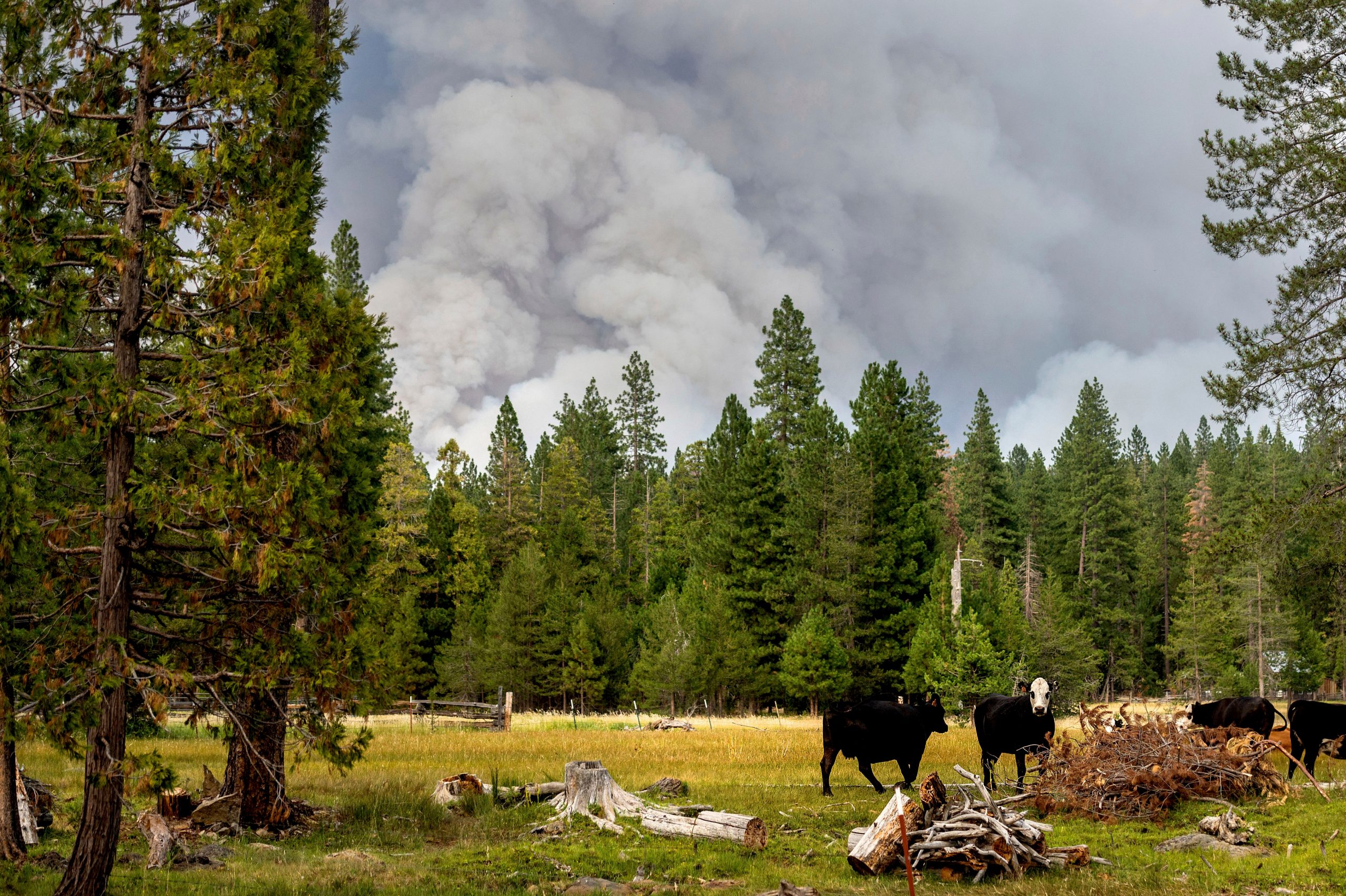July was the hottest month ever recorded globally, US weather officials announced on Friday underlining the climate crisis.
As extreme heat waves struck parts of the United States and Europe, the globe averaged 62.07 degrees (16.73 degrees Celsius) last month, beating out the previous record set in July 2016 and tied again in 2019 and 2020, the National Oceanic and Atmospheric Administration (NOAA) said Friday. The margin was just .02 degrees (.01 Celsius).
NOAA administrator Rick Spinrad said that July was typically the warmest month of the year, but July 2021 outdid itself. “In this case first place is the worst place to be,” NOAA Administrator Rick Spinrad said in a press release. “This new record adds to the disturbing and disruptive path that climate change has set for the globe.”
Also read: Montana town bears the brunt of wildfires; California blaze grows
Starting from 2015, the last seven July have been the world’s hottest month on record, the report said. Last month was 1.67 degrees (0.93 degrees Celsius) warmer than the 20th century average for the month. The last time the globe had a July cooler than the 20th century average was in 1976, which was also the last year the globe was cooler than the normal.
Earlier this week, the Intergovernmental Panel on Climate Change (IPCC) warned of extreme events like concurrent heatwaves, severe cyclonic storms and floods. The report, which was titled ‘Climate Change 2021: The Physical Science Basis’, had warned that compound weather events could become more frequent.
Also read: India already witnessing ‘extreme’ events IPCC warned of
Warming on land in western North America and in parts of Europe and Asia really drove the record-setting heat, said NOAA climatologist Ahira Sanchez-Lugo. While the worldwide temperature was barely higher than the record, what shattered it was land temperature over the Northern Hemisphere, she said.
Northern Hemisphere temperatures were a third of a degree (.19 degrees Celsius) higher than the previous record set in July 2012, which for temperature records is “a wide margin,” Sanchez-Lugo said.
(with AP inputs)







